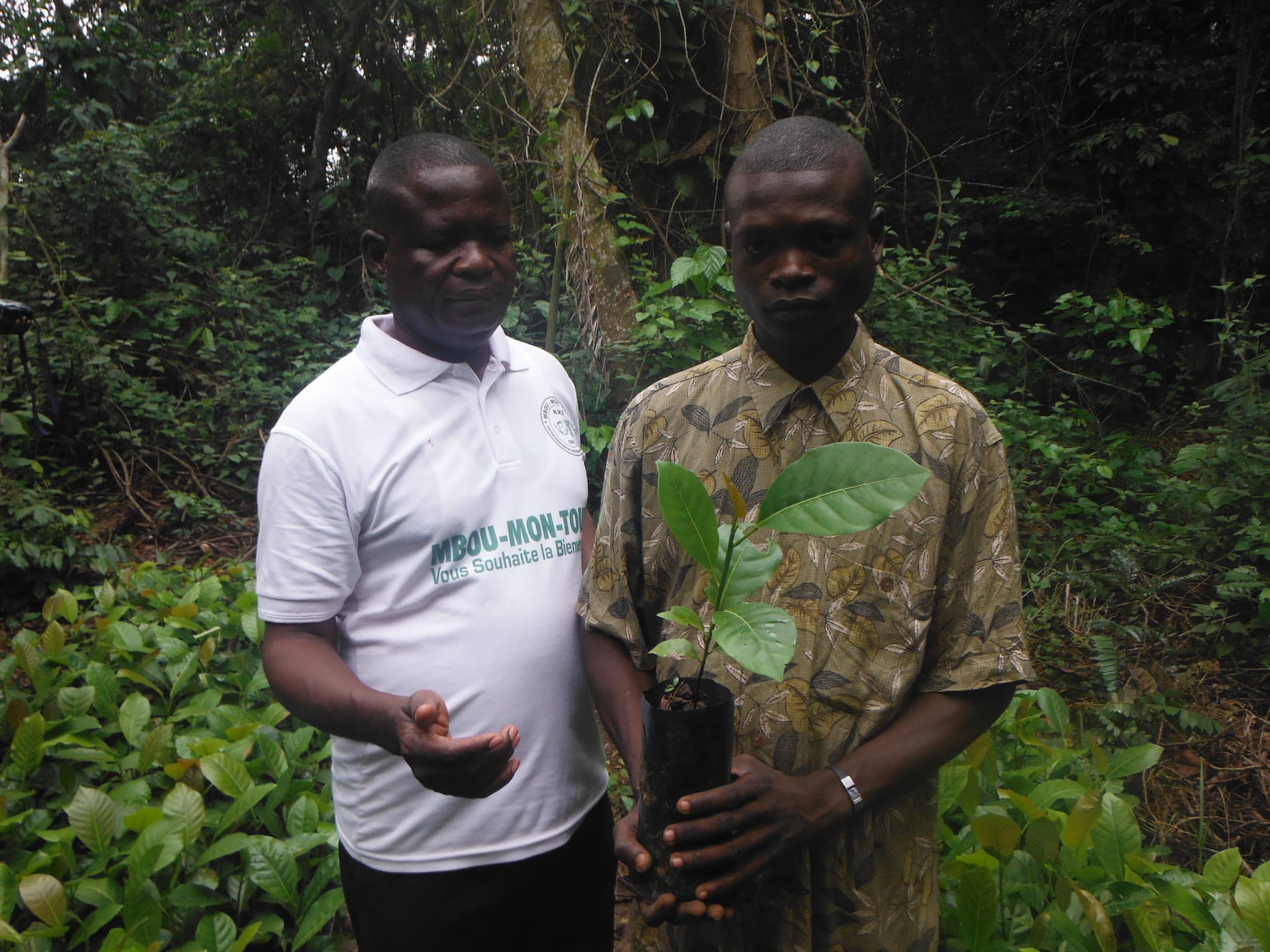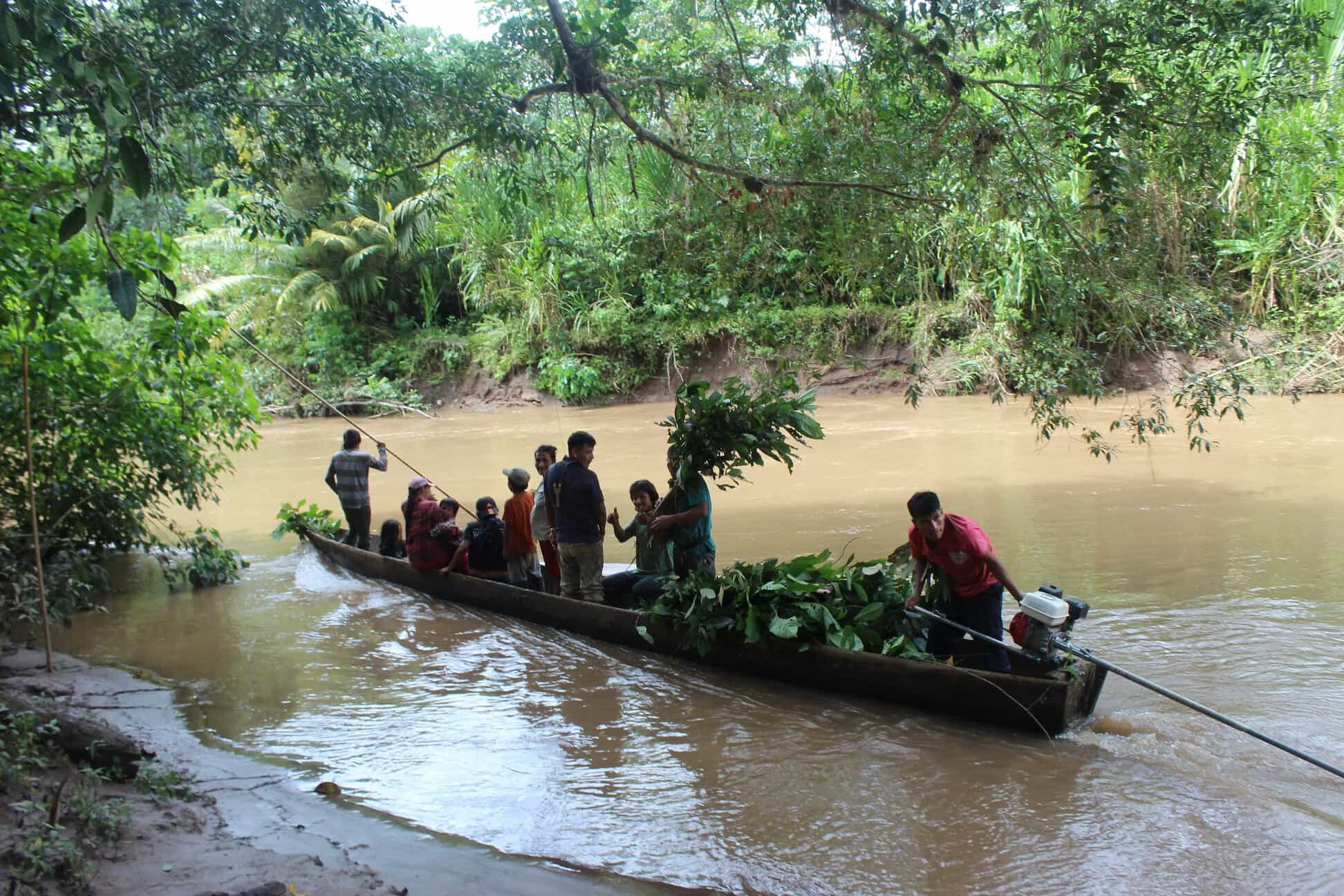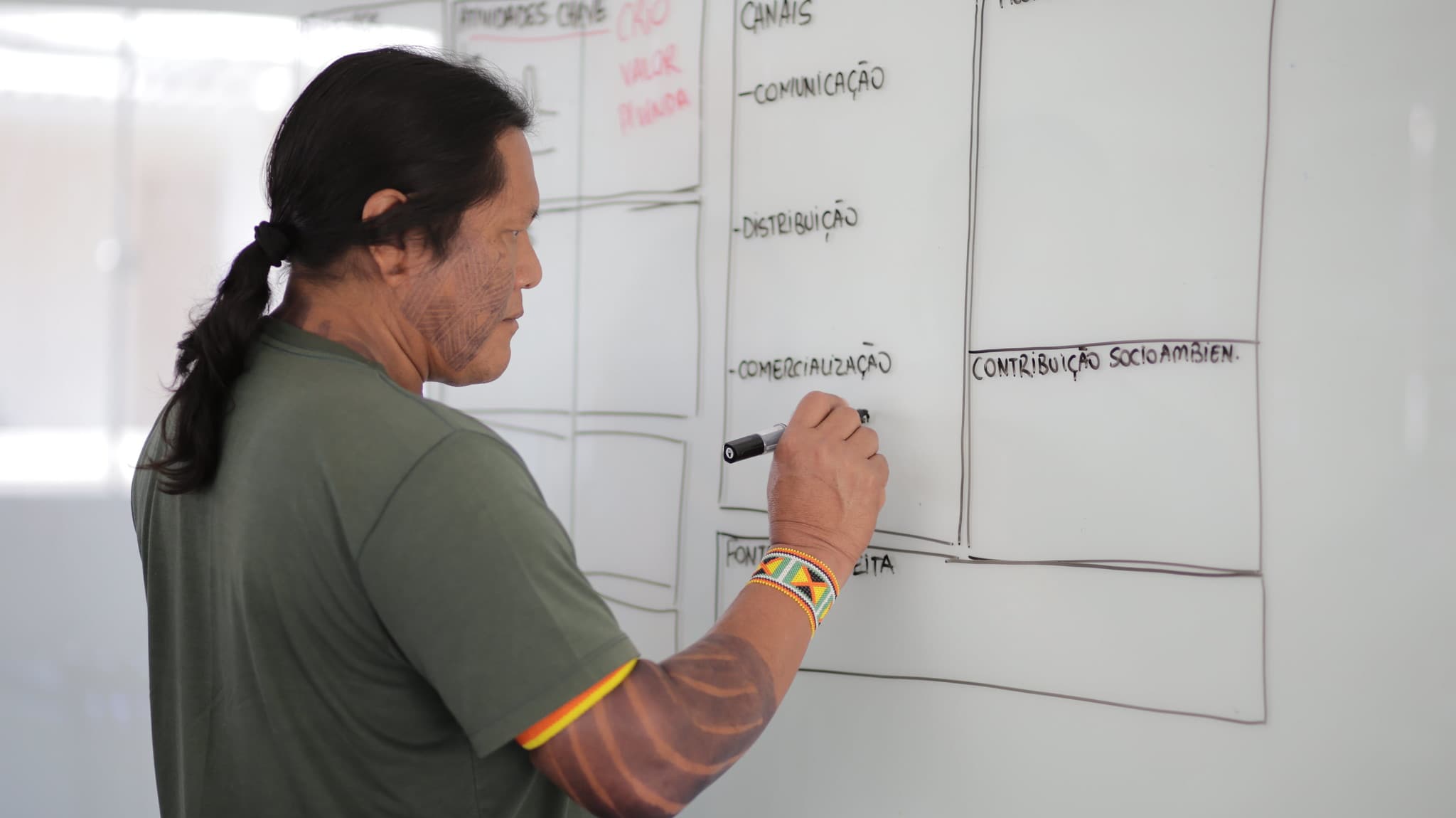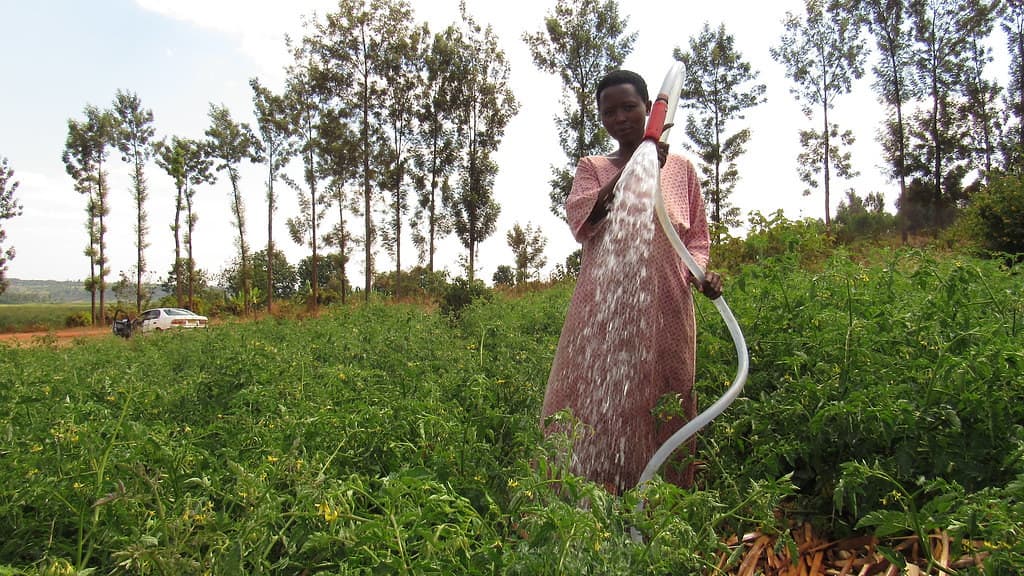In this article by Ellen Dobbs, Programme Manager climate solutions charity at Ashden, we have a look at how local people initiative could have a significant impact in fighting the climate crisis.
Rainforests are a key defense against the climate crisis – with those managed by local people often delivering even greater benefits. But around the world, rainforest communities are under threat. Coronavirus is only the latest in a long line of challenges they face – challenges such as encroachment on their lands, restricted rights, and limited opportunities to make a living.
In the face of these threats, communities are taking action, defending their homes, and seeking justice and a more secure future. Their victories often come against the odds – taking on the might of fossil fuel companies, or hostile populist politicians.
Four of the most exciting initiatives form the longlist for the 2021 Ashden Award for Natural Climate Solutions. The longlist reveals potent innovation at the grassroots and systemic levels, and confirms the value of holistic solutions that address issues of equality, justice, and power together.
The growth and replication of these inspiring projects, and others like them, can help rainforest communities turn the tide in the many battles they face. Funding, advocacy, and solidarity from the wider world will help support this cause – and protect the many climate benefits of this irreplaceable ecosystem these communities call home.
Mbou Mon Tour, The Democratic Republic of Congo
Mbou Mon Tour, an NGO created by communities in Mai Ndombe province in the DRC, is the first civil society organization in the country to launch a community-based forest management process as an alternative to state-owned wildlife reserves.
Mbou Mon Tour has helped villages win community forest status in order to protect their forest and savannah ecosystems from logging and degradation, and earn a sustainable income from their lands.
Mbou Mon Tour also builds people’s ability to manage the territory in a sustainable and participatory way, helping them elect representatives, establish their own ways of working and develop sustainable livelihoods, with a particular focus on the conservation of the bonobo as a driver of ecotourism. The bonobo are small primates that are under threat because of intense pressure on the forest habitat,

Ashinwaka (The Sapara Women’s Association), Ecuador
In 2019, the Sapara Women’s Association, Ashinwaka, was a key force in a dramatic victory for the Sapara Nation over international oil companies. Campaigners forced the end of plans for oil extraction that threatened indigenous peoples and rainforest ecosystems.
The association was created in 2009 to protect the rights of Sapara women and build their skills and resilience. It trains Sapara women to participate in international political spaces, and to share their stories in their own words and offers a safe and supportive space to report cases of violence.
The association’s influence goes far beyond Ecuador, as its leader – activist Gloria Hilda Ushigua Santi – participates participate in global human rights conversations, including the Inter-American Commission for Human Rights (IACHR) and the Indigenous Peoples’ Biocultural Climate Change Assessment Initiative.

RELATED ARTICLES: Hot Buildings Mean Pain And Poverty. Time For Low-Cost Cooling Solutions |11 Climate Innovations To Put Quest For SDGs Back On Track |Collaboration Can Take Climate Action To The Next Level |Bold Solutions Tackle Refugee Energy Crisis |From Brazil to Cameroon, Forest Communities Fight Climate Change
Support for the Amazon’s sustainable businesses is essential to preventing forest degradation. Yet only a tiny fraction of the annual subsidized credit line for small producers in Brazil go to sustainable production systems and forest-based value chains.
Conexsus works in Brazil to help direct federal subsidized credit to subsidized producers. They offer financial mentoring, help producers find loan opportunities, and support the creation of credit histories that allow organizations to take advantage of these loans. This has supported the protection of more than 10,000 hectares of land.
Worldwide, Conexsus has raised and disbursed over $1 million in working capital and financial relief for frontline organizations affected by the COVID-19 pandemic.

The Albertine Rift Conservation Society, Central, and Eastern Africa
The Albertine Rift is one of the most biodiverse regions of Africa. But poverty, deforestation, poaching, oil extraction, and mining put communities that live there in danger.
This conservation and development NGO, established in 1995, works with 50,000 people from 280 community groups across Central and Eastern Africa. The society helps communities build leadership capacity, develop environmental management strategies and create sustainable businesses through a package of support including affordable finance.
The Albertine Rift Conservation Society also works at a systemic level, bringing together governments and civil society to create dialogue and action. Its recent achievements include planting 1 million trees and protecting 2,000 hectares of agricultural land in a single year.
Visibility is crucial
The organizations on our Ashden Awards longlist highlight an important truth: that the most potent climate solutions are those also delivering climate justice. It’s a mistake to focus on emissions or empowerment in isolation – we need holistic approaches ready for a challenge as complex and multi-faceted as the rainforest ecosystem itself.
A solid bedrock of rights and economic opportunity for rainforest communities is essential. But visibility for their activism matters too – facing powerful foes, these communities need every ally they can find. We are sure this year’s award will help funders, supporters and partners stand behind those in danger.
The winners of the 2021 Ashden Awards will be announced in November. Discover the winner of the last year’s Ashden Award for Natural Climate Solutions – Rede de Sementes do Xingu.
In the cover picture: Smart agriculture and small-scale irrigation help communities adapt to climate change in Bugesera, Kirehe, and Rutsiro districts, Rwanda, which is facing unusual irregularities in climate patterns including extreme temperatures and variability in rainfall frequencies. Photo credit: ARCOS 2018
Editor’s Note: The opinions expressed here by Impakter.com contributors are their own, not those of Impakter.com











